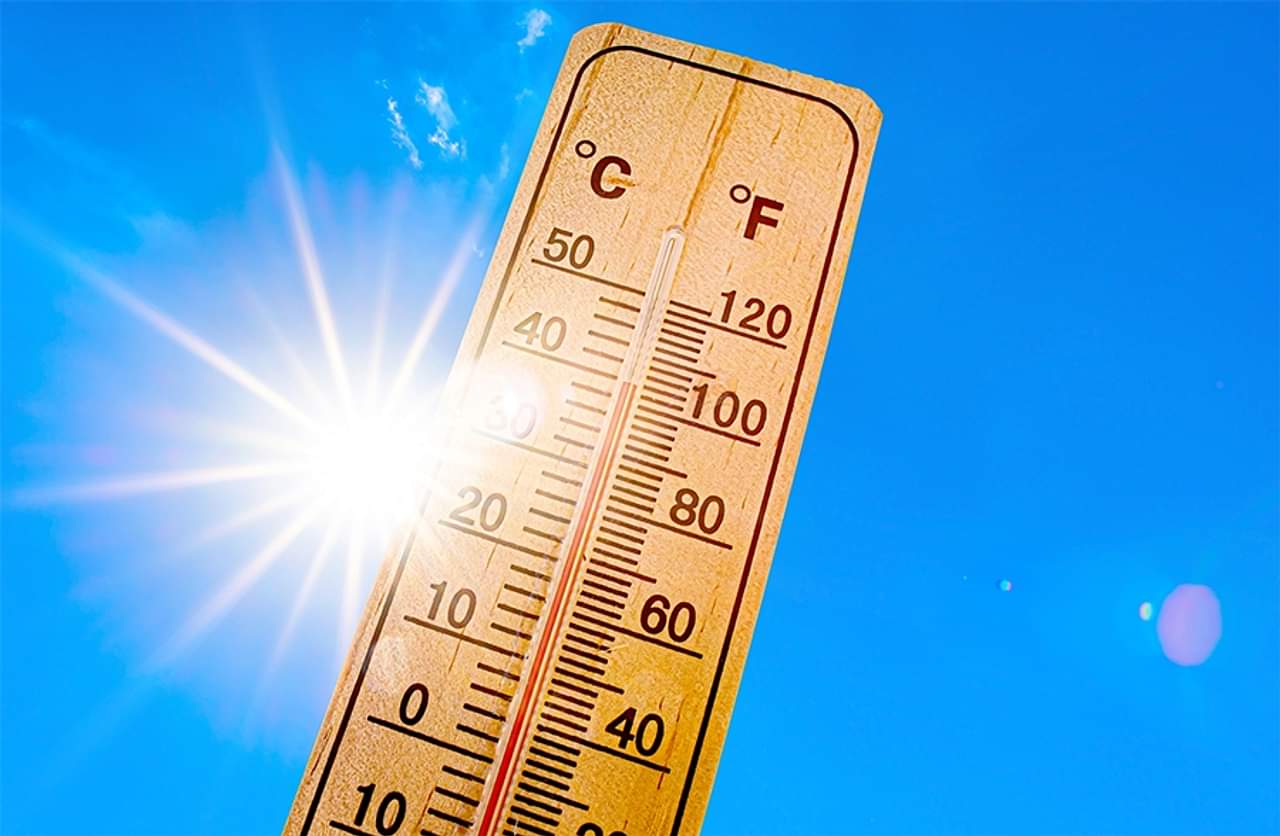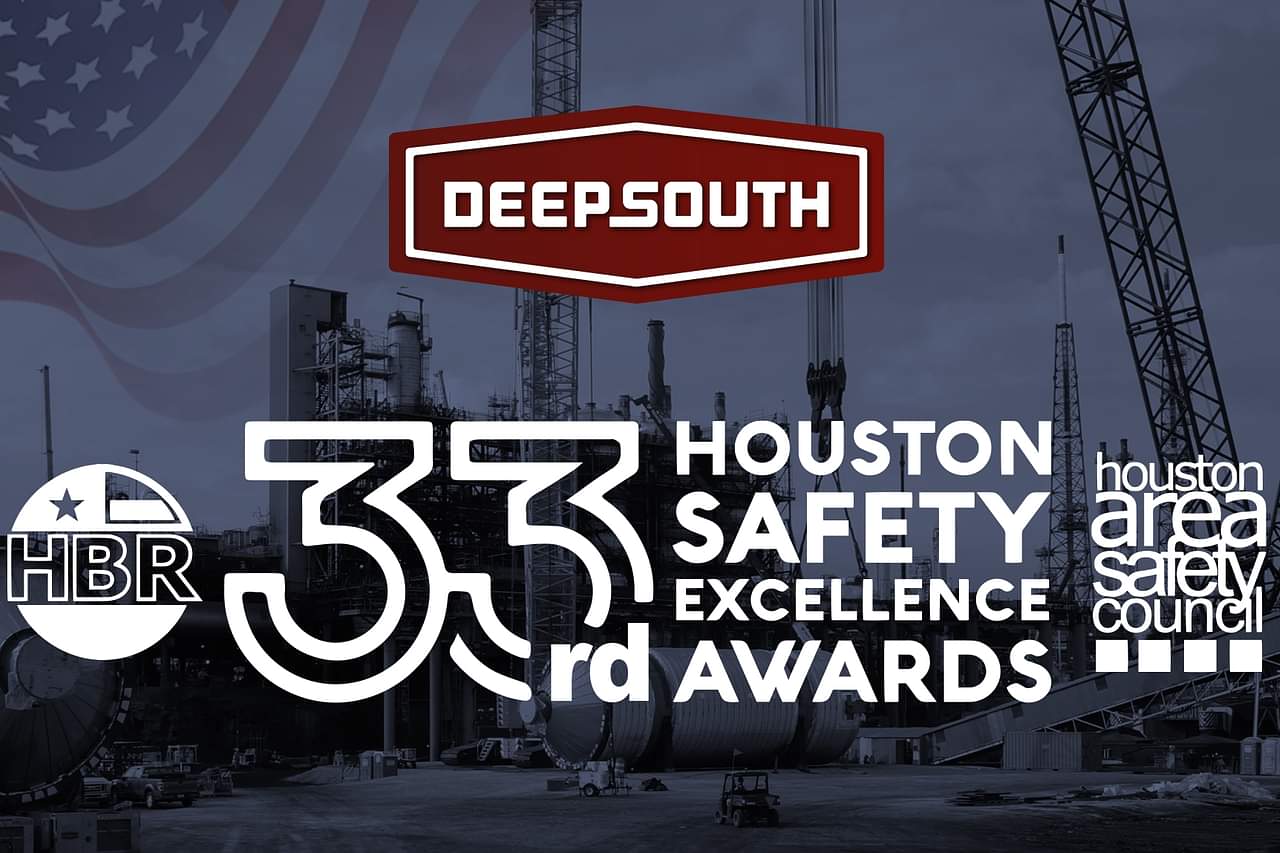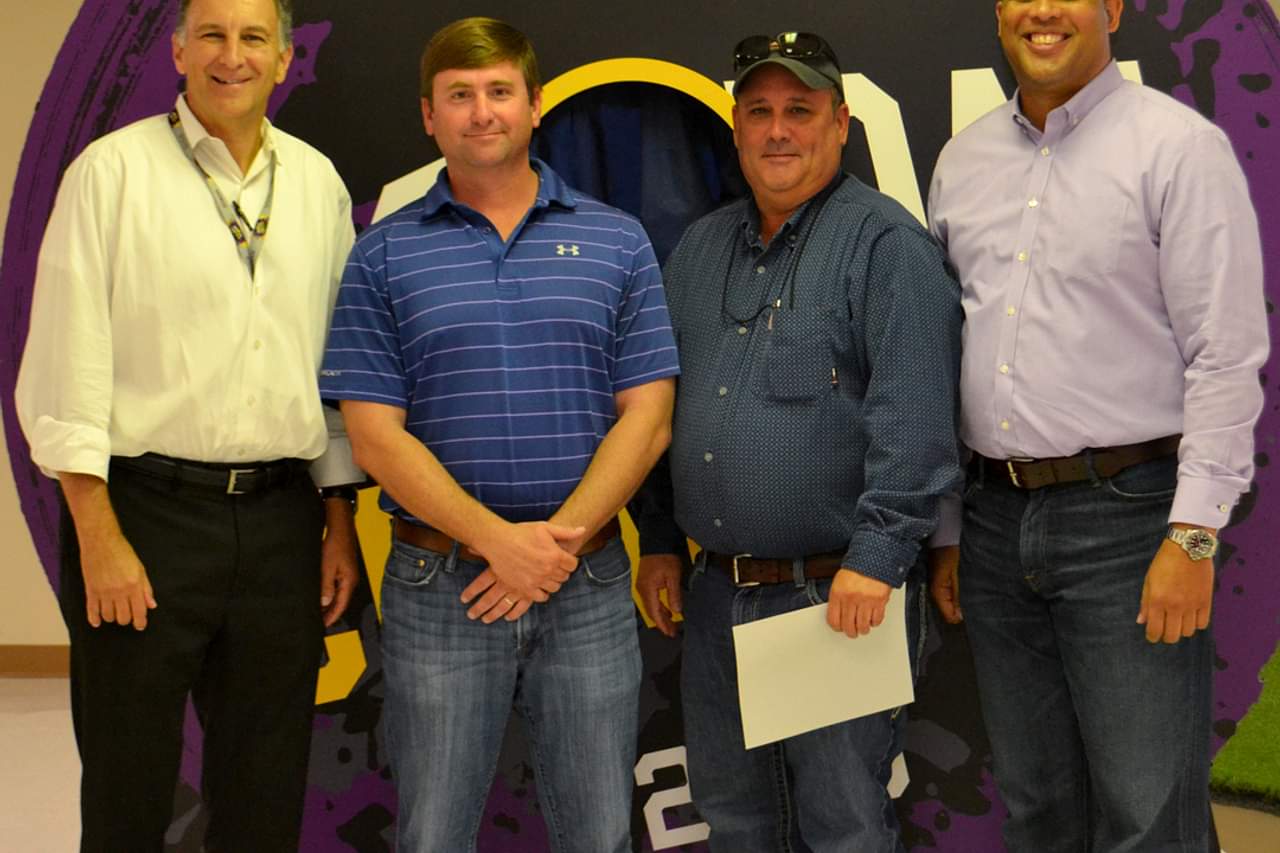News
Safety Source: Surviving the Summer Heat by the National Safety Council
Posted: 06/18/2020

Looking for a safety topic to begin your upcoming meeting? Read on for helpful information from the National Safety Council regarding heat exhaustion, heat stroke, and other ways to keep each other safe.
The human body is normally able to regulate its temperature through sweating, until it is exposed to more heat than it can handle. Heat exhaustion and heat stroke can escalate rapidly, leading to delirium, organ damage and even death. In 2017, 87 people died in the U.S. from exposure to excessive heat, according to Injury Facts.
Heat Exhaustion
When the body loses excessive water and salt, usually due to sweating, heat exhaustion can occur. According to the free NSC First Aid Quick Reference app, signs and symptoms include:
- Sweating
- Pale, ashen or moist skin
- Muscle cramps (especially for those working or exercising outdoors in high temperatures)
- Fatigue, weakness or exhaustion
- Headache, dizziness or fainting
- Nausea or vomiting
- Rapid heart rate
Uncontrolled heat exhaustion can evolve into heat stroke, so make sure to treat victims quickly:
- Move victims to a shaded or air-conditioned area
- Give water or other cool, nonalcoholic beverages
- Apply wet towels, or have victims take a cool shower
Heat Stroke
Seek medical help immediately if someone is suffering from heat stroke. Signs include:
- Body temperature above 103 degrees
- Skin that is flushed, dry and hot to the touch; sweating has usually stopped
- Rapid breathing
- Headache, dizziness, confusion or other signs of altered mental status
- Irrational or belligerent behavior
- Convulsions or unresponsiveness
Immediately take action:
- Call 911
- Move the victim to a cool place
- Remove unnecessary clothing
- Immediately cool the victim, preferably by immersing up to the neck in cold water (with the help of a second rescuer)
- If immersion in cold water is not possible, place the victim in a cold shower or move to a cool area and cover as much of the body as possible with cold, wet towels
- Keep cooling until body temperature drops to 101 degrees
- Monitor the victim's breathing and be ready to give CPR if needed
DO NOT:
- Force the victim to drink liquids
- Apply rubbing alcohol to the skin
- Allow victims to take pain relievers or salt tablets
The best way to avoid a heat-related illness is to limit exposure outdoors during hot days. According to the Centers for Disease Control and Prevention:
- Air conditioning is the best way to cool off
- Drink fluids, even if you don’t feel thirsty, and avoid alcohol
- Wear loose, lightweight clothing and a hat
- Replace salt lost from sweating by drinking fruit juice or sports drinks
- Avoid spending time outdoors during the hottest part of the day, from 11 a.m. to 3 p.m.
- Wear sunscreen; sunburn affects the body's ability to cool itself
- Pace yourself when you run or otherwise exert your body
Keep Each Other Safe
If your job requires you to work outside in hot weather, you and your supervisors can take precautions to minimize the risk of heat-related illnesses. The National Institute for Occupational Safety and Health recommends:
- Working shorter shifts until workers have adjusted to the heat
- Staying hydrated and drinking before you get thirsty
- Watch out for co-workers exhibiting signs of heat exhaustion or heat stroke
- Take time to rest and cool down
In your community, please check in on neighbors who are elderly, house-bound or otherwise may be reluctant to ask for help. You can offer to host them in the air-conditioned comfort of your living room on hot days, drive them to a local cooling center, or call relatives or city services to arrange for them to stay cool.
Sources: National Safety Council | Centers for Disease Control and Prevention | National Institute for Occupational Safety and Health | Injury Facts
---
Our industry takes pride in advancing safety in all aspects of life. Deep South Crane & Rigging, LLC's marketing team has prepared this content with the intent that it be shared as potential safety topics used to start meetings industry-wide. We have used internet resources that are sourced via links throughout the article. We do not claim to be an expert on this topic.
Deep South Named Houston Safety Excellence Finalist; Top Recognition 5 Years Running
Posted:05/13/2020
Deep South Crane & Rigging is proud to announce we were selected as a finalist for the Houston Business Roundtable’s 33rd Annual Houston Safety Excellence Award in Crane & Rigging Support.
Deep South Recognized for Excellence During Shell Turnaround
Posted:07/10/2019
The Shell Norco Manufacturing Complex (NMC) recognized Deep South Crane and Rigging for its lifting support during the 2019 Who Dat Crackin’ Turnaround, one of the largest and most complex turnarounds in site history.

